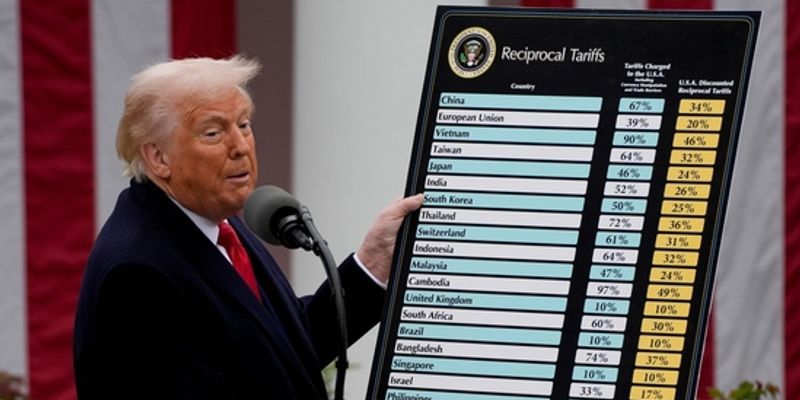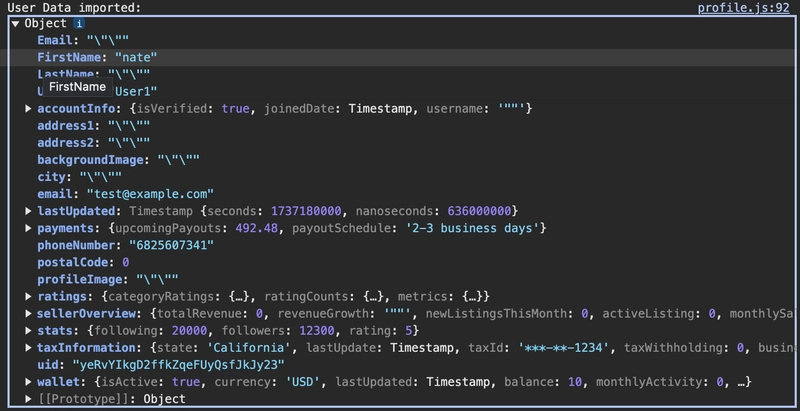What is the GMAT Exam?
The Graduate Management Admission Test (GMAT) is a standardized exam that plays a key role in business school admissions. This computer-adaptive exam tests a candidate's critical thinking, problem-solving, and data analysis abilities. In November 2023, the GMAT underwent significant changes with the introduction of the GMAT Focus Edition with effect from November 7, 2023, and completely replaced the previous version by February 1, 2024. The new GMAT format aims to be more streamlined for B-schools as well as GMAT hopefuls, with a shorter duration and a greater emphasis on business-related principles. Understanding the current GMAT exam pattern, including these recent changes, can help you prepare better and get the score you want. What Is the Purpose of the GMAT Exam? While your grades and work history count, the GMAT serves as a universal benchmark for B-schools and evaluates you on a global scale. The skills assessed on this exam ensure you have the essential aptitude and competencies to excel in a rigorous MBA program. In essence, the GMAT is designed to test the capabilities that are directly relevant to your future success. By taking the GMAT, you demonstrate your commitment to pursuing a business education and stand out from a large pool of candidates vying for spots in prestigious MBA programs. Understand the purpose in detail: Gives the admissions committee a measure of how ready candidates are for graduate-level business studies. Sets a standard to compare candidates from different walks of life. Shows how much one is dedicated and passionate about getting into an MBA program. Shows that an applicant is ready to handle a tough graduate program. Checks how well someone can think and make choices when dealing with data. These skills are key in today's business world. For the schools, GMAT scores impact their class profile and can change their spot in rankings, influencing their ability to draw in the best applicants. While the GMAT is a strong tool for MBA admissions, it is important to keep in mind that it's one part of the bigger picture. Admissions teams look at GMAT scores as part of a full review considering other things like job experience, leadership potential, and personal traits. What Are the Benefits of Taking the GMAT? Taking the GMAT exam offers advantages that can significantly shape your academic and professional journey. Here’s why you must consider it: *Better Chances of Admissions * A good GMAT score shows you're ready for advanced business classes. It boosts your odds of getting into top business schools in the US. Many well-known B-schools consider the GMAT as a reliable predictor of how well you will do in class, so it is a big part of your application. *Wide Acceptance * The GMAT's widespread acceptance contributes to its popularity. It extends beyond MBA programs; many master's programs in management, like Master in Management (MiM), Master in Entrepreneurship and Management (MiEM), and business analytics programs also consider GMAT scores. This flexibility provides you with more choices when you apply to graduate business programs. *Financial Benefits * Your GMAT score has a big influence on your financial future. Business schools often use GMAT scores to decide who gets scholarships. A better score can boost your chances of winning bigger scholarships, including full-tuition offers. Additionally, a high score, for example 735+ instead of 705, can yield an incremental return on investment (ROI). *Career Advantages * The benefits of a strong GMAT score extend beyond academics. Many top employers, particularly in industries like consulting and investment banking, consider GMAT scores during their hiring process. The exam showcases your mastery of skills highly relevant in business careers, including problem-solving, data analysis, and critical reasoning. *Flexibility and Convenience * Your GMAT score remains valid for five years, giving you ample time to decide on your graduate education plans. This flexibility lets you keep your options open in your career. Who Should Take the GMAT? The GMAT is a valuable exam for various individuals pursuing management education and career advancement. You should consider taking the GMAT if you fall into one of the following categories: *Aspiring MBA Candidates * If you're planning to apply to MBA programs, taking the GMAT is essential. Your GMAT score showcases your quantitative and problem-solving abilities, critical thinking skills, and readiness for the rigors of business school. *Undergraduate Students * As an undergraduate student, you are in a great spot to take the GMAT. Your mind is primed for learning, so you will grasp GMAT concepts more now than you would later in your career. Additionally, it is easier to fit GMAT prep into your schedule as a student compared to when you have a full-time job. Your score stays valid for five years giving you plenty of time to figure out

The Graduate Management Admission Test (GMAT) is a standardized exam that plays a key role in business school admissions. This computer-adaptive exam tests a candidate's critical thinking, problem-solving, and data analysis abilities. In November 2023, the GMAT underwent significant changes with the introduction of the GMAT Focus Edition with effect from November 7, 2023, and completely replaced the previous version by February 1, 2024. The new GMAT format aims to be more streamlined for B-schools as well as GMAT hopefuls, with a shorter duration and a greater emphasis on business-related principles. Understanding the current GMAT exam pattern, including these recent changes, can help you prepare better and get the score you want.
What Is the Purpose of the GMAT Exam?
While your grades and work history count, the GMAT serves as a universal benchmark for B-schools and evaluates you on a global scale. The skills assessed on this exam ensure you have the essential aptitude and competencies to excel in a rigorous MBA program. In essence, the GMAT is designed to test the capabilities that are directly relevant to your future success.
By taking the GMAT, you demonstrate your commitment to pursuing a business education and stand out from a large pool of candidates vying for spots in prestigious MBA programs.
Understand the purpose in detail:
Gives the admissions committee a measure of how ready candidates are for graduate-level business studies.
Sets a standard to compare candidates from different walks of life.
Shows how much one is dedicated and passionate about getting into an MBA program.
Shows that an applicant is ready to handle a tough graduate program.
Checks how well someone can think and make choices when dealing with data. These skills are key in today's business world.
For the schools, GMAT scores impact their class profile and can change their spot in rankings, influencing their ability to draw in the best applicants.
While the GMAT is a strong tool for MBA admissions, it is important to keep in mind that it's one part of the bigger picture. Admissions teams look at GMAT scores as part of a full review considering other things like job experience, leadership potential, and personal traits.
What Are the Benefits of Taking the GMAT?
Taking the GMAT exam offers advantages that can significantly shape your academic and professional journey. Here’s why you must consider it:
*Better Chances of Admissions
*
A good GMAT score shows you're ready for advanced business classes. It boosts your odds of getting into top business schools in the US. Many well-known B-schools consider the GMAT as a reliable predictor of how well you will do in class, so it is a big part of your application.
*Wide Acceptance
*
The GMAT's widespread acceptance contributes to its popularity. It extends beyond MBA programs; many master's programs in management, like Master in Management (MiM), Master in Entrepreneurship and Management (MiEM), and business analytics programs also consider GMAT scores. This flexibility provides you with more choices when you apply to graduate business programs.
*Financial Benefits
*
Your GMAT score has a big influence on your financial future. Business schools often use GMAT scores to decide who gets scholarships. A better score can boost your chances of winning bigger scholarships, including full-tuition offers. Additionally, a high score, for example 735+ instead of 705, can yield an incremental return on investment (ROI).
*Career Advantages
*
The benefits of a strong GMAT score extend beyond academics. Many top employers, particularly in industries like consulting and investment banking, consider GMAT scores during their hiring process. The exam showcases your mastery of skills highly relevant in business careers, including problem-solving, data analysis, and critical reasoning.
*Flexibility and Convenience
*
Your GMAT score remains valid for five years, giving you ample time to decide on your graduate education plans. This flexibility lets you keep your options open in your career.
Who Should Take the GMAT?
The GMAT is a valuable exam for various individuals pursuing management education and career advancement. You should consider taking the GMAT if you fall into one of the following categories:
*Aspiring MBA Candidates
*
If you're planning to apply to MBA programs, taking the GMAT is essential. Your GMAT score showcases your quantitative and problem-solving abilities, critical thinking skills, and readiness for the rigors of business school.
*Undergraduate Students
*
As an undergraduate student, you are in a great spot to take the GMAT. Your mind is primed for learning, so you will grasp GMAT concepts more now than you would later in your career. Additionally, it is easier to fit GMAT prep into your schedule as a student compared to when you have a full-time job. Your score stays valid for five years giving you plenty of time to figure out your grad school plans. By the time you are ready for application, you can focus on developing other aspects of your application, such as leadership skills and work experience.
*Career Switchers
*
If you're considering a career change into management-related fields, the GMAT can be an asset. Taking the exam shows you're serious about a business career and proves you've got the skills that matter in business classrooms and jobs.
*Finance and Consulting Aspirants
*
If you're aiming for a job in finance or consulting, a good GMAT score can boost your chances. Many of the big companies in these fields look at GMAT scores when they are hiring. Getting a high score shows employers you have got the analytical thinking, problem-solving, and quantitative competencies they seek in MBA-level candidates.
GMAT Exam Eligibility Criteria
The Graduate Management Admission Test (GMAT) is conducted by the GMAC and is open to candidates from around the world. However, a candidate's eligibility should be ascertained before registering for GMAT. In addition, the eligibility criteria of GMAT should always be considered keeping in mind the eligibility criteria of your preferred B-school. If you match the GMAT requirements but fail to match the eligibility of your targeted business program, you will be denied admission, no matter how good your GMAT scores are. A student can appear for the GMAT only 5 times within a year.
GMAT Exam Registration
GMAT registration can take place online by visiting the official website and creating your account. The registration of GMAT is held in a flexible mode, i.e., candidates can book the exam slot according to their convenience. It is recommended that a candidate registers 90 days before the examination. That way, a candidate will have ample time to prepare for the examination and also just enough time to apply to their preferred b schools which require a separate application. The extra time would even help you read about top b schools accepting GMAT scores within the country.
Here are the key steps to register for GMAT:
Candidates can log in to the official website and fill out their registration form.
Name, email, and password would be required for account creation of the candidate.
Personal details, academic details, work experience, and documentation need to be entered
The candidate can schedule the examination as per his/her convenience through the flexible slot booking option.
After the test date and country/location are chosen, the candidate must pay a fee of US $275 for the exam at a test center and $300 for the exam delivered online.
In case, the candidate wishes to book their test data offline, they can do so via phone or postal mail.
Candidates can take a printout of the application form and affix a photograph for later admission formalities.
Candidates can fill the application form throughout the year.
GMAT Exam: Application Fee
Paying the application fee is a mandatory step in completing the registration of GMAT successfully. The application fees for GMAT is US $275, i.e, around INR 27,000.
What are the Modes of Payment for GMAT Exam Fee?
In case a candidate changes his/her mind regarding taking GMAT on the booked day and wishes to choose a different time slot, they can either reschedule their exam as per their requirement. Here are the cancellation charges a student will have to bear while rescheduling the exams as per the time span remaining to their selected GMAT test:
Online mode (at the time of online application): Debit card, credit card and net banking.
Postal Mail (At the time of offline application): cheque or money order.
GMAT customer care: In case you book your exam through GMAT customer care, you need to shell out an additional amount of USD 10 along with the application fees.
Originally published at https://www.careerlauncher.com/gmat/exam/











































































































































































![[The AI Show Episode 142]: ChatGPT’s New Image Generator, Studio Ghibli Craze and Backlash, Gemini 2.5, OpenAI Academy, 4o Updates, Vibe Marketing & xAI Acquires X](https://www.marketingaiinstitute.com/hubfs/ep%20142%20cover.png)















































































































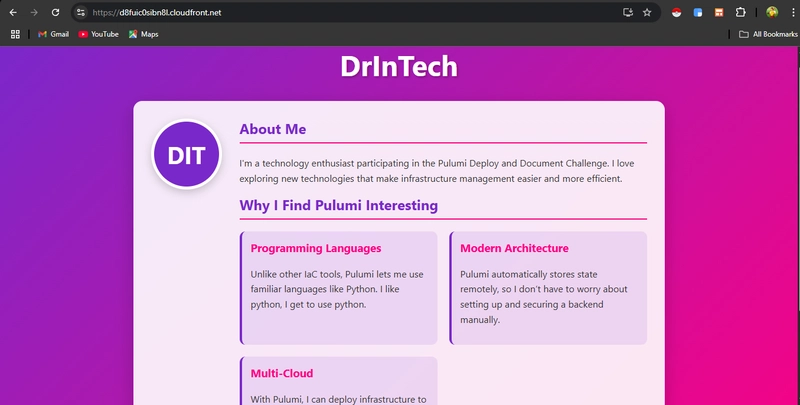

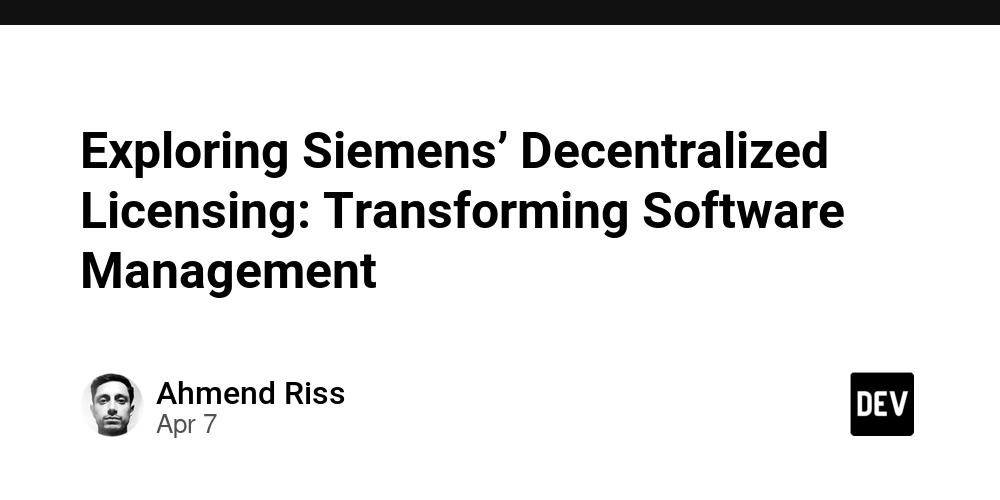
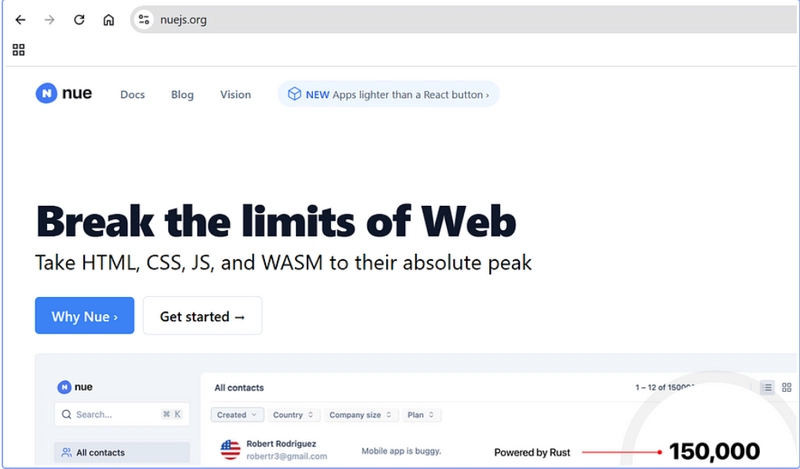









![[DEALS] The Premium Learn to Code Certification Bundle (97% off) & Other Deals Up To 98% Off – Offers End Soon!](https://www.javacodegeeks.com/wp-content/uploads/2012/12/jcg-logo.jpg)


![From drop-out to software architect with Jason Lengstorf [Podcast #167]](https://cdn.hashnode.com/res/hashnode/image/upload/v1743796461357/f3d19cd7-e6f5-4d7c-8bfc-eb974bc8da68.png?#)








































































































.png?#)


































_Christophe_Coat_Alamy.jpg?#)
.webp?#)
 (1).webp?#)






































































































![Apple Considers Delaying Smart Home Hub Until 2026 [Gurman]](https://www.iclarified.com/images/news/96946/96946/96946-640.jpg)
![iPhone 17 Pro Won't Feature Two-Toned Back [Gurman]](https://www.iclarified.com/images/news/96944/96944/96944-640.jpg)
![Tariffs Threaten Apple's $999 iPhone Price Point in the U.S. [Gurman]](https://www.iclarified.com/images/news/96943/96943/96943-640.jpg)





































































